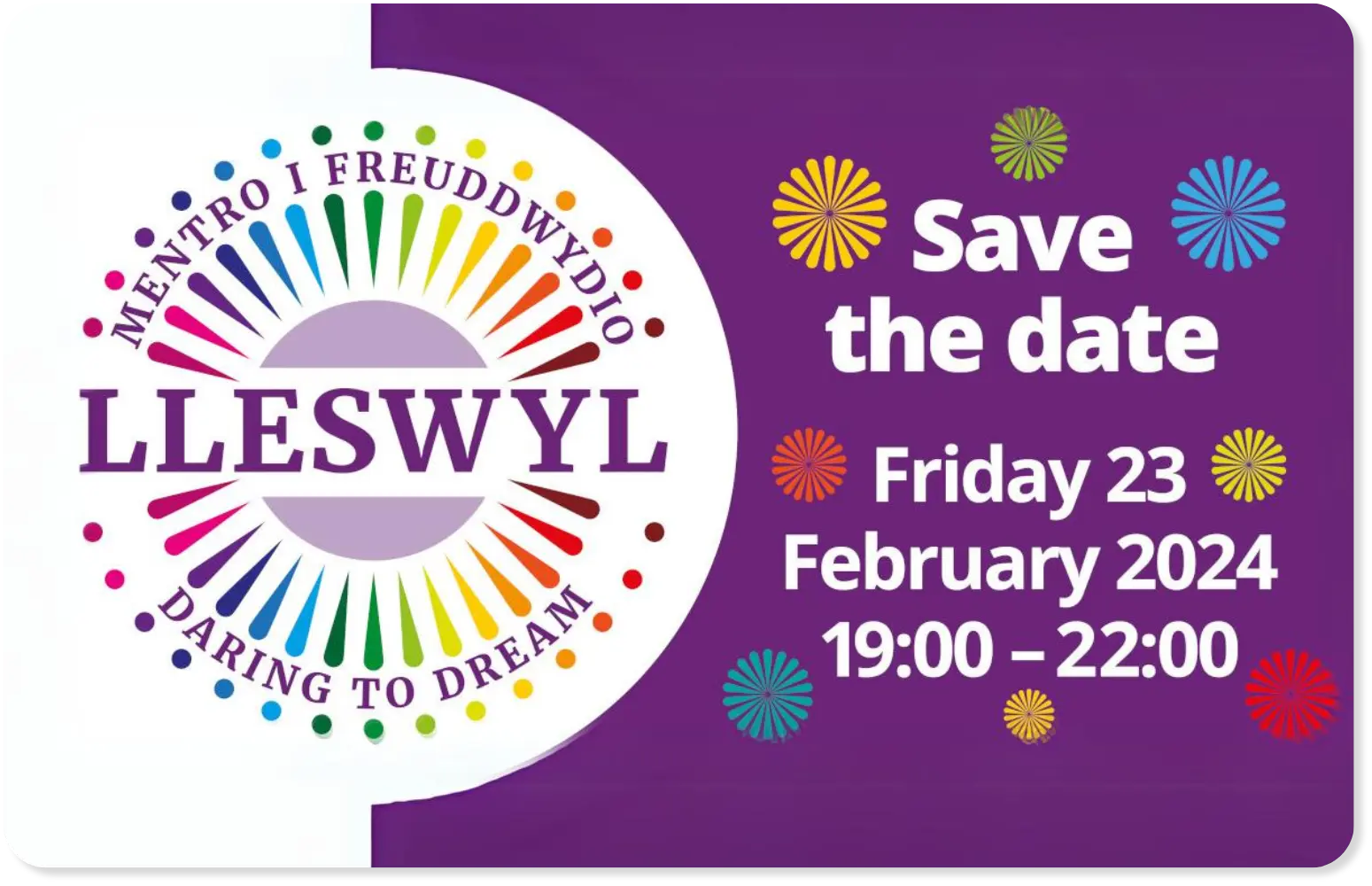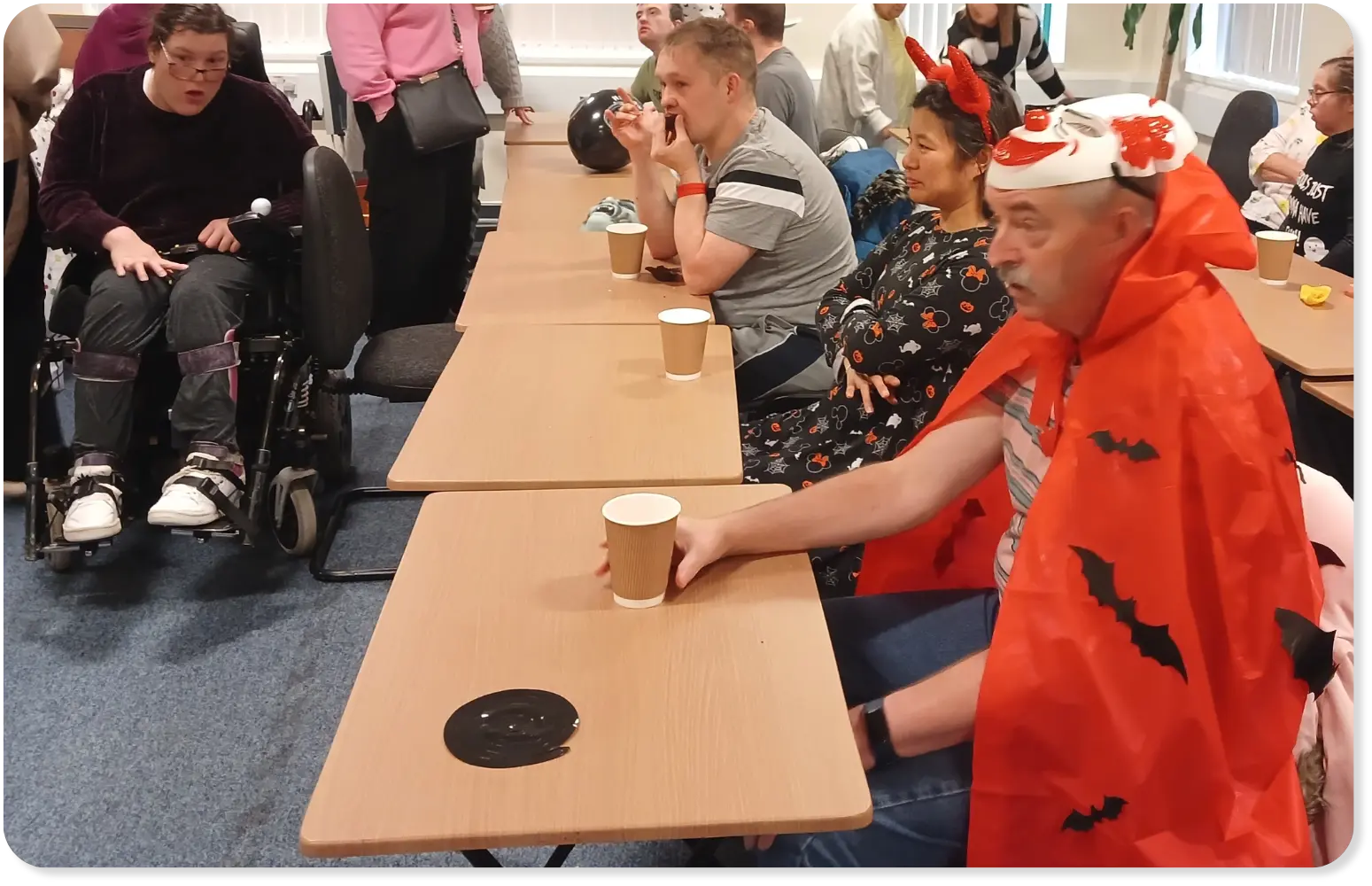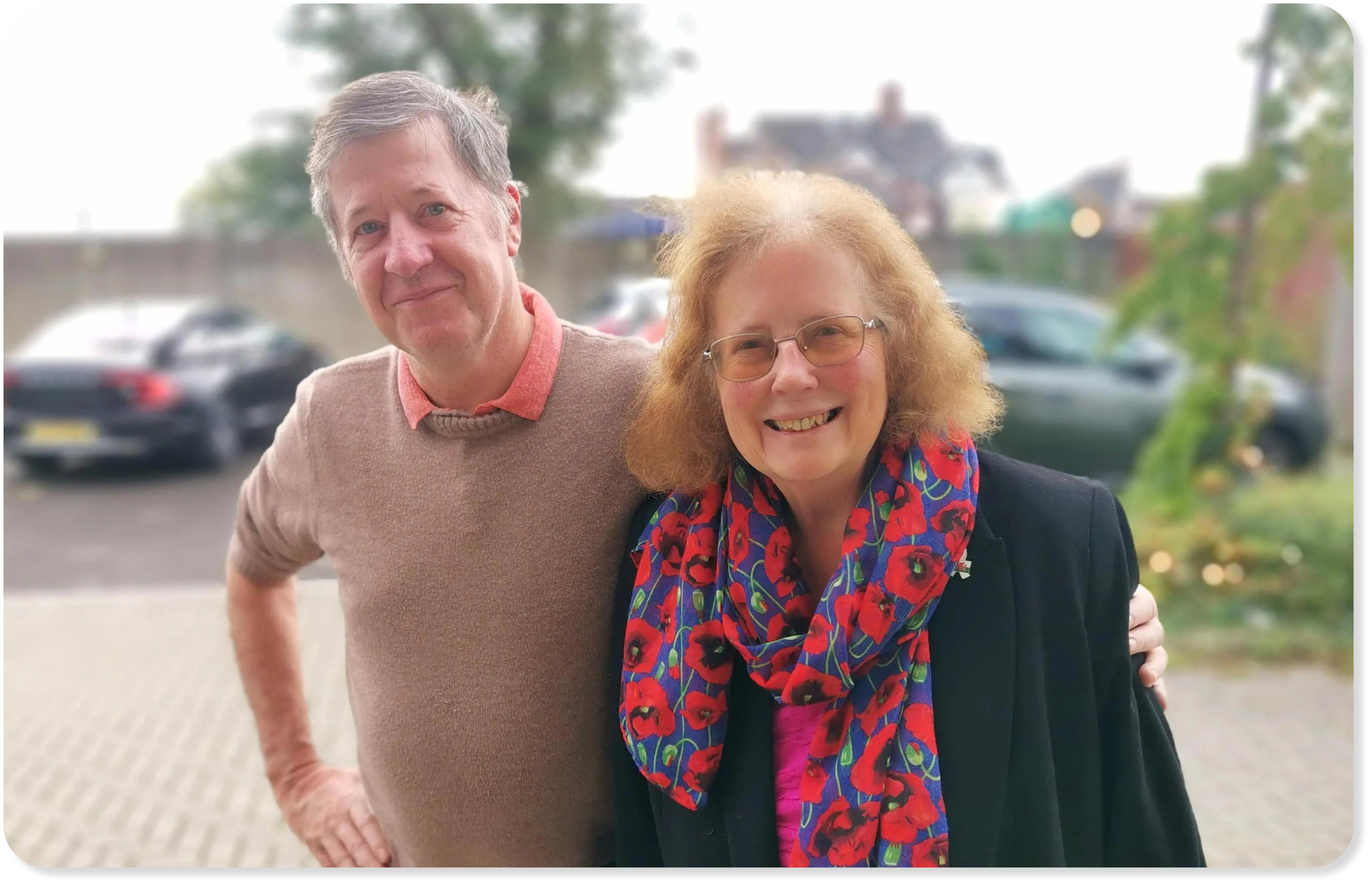This February has been met with a wide range of training for our Skills and Wellbeing team. We always aim to improve, and training helps us do this. We have been increasing our awareness and understanding of our participants to better support them in achieving their goals.
Collaborative Training and Online Sessions
Another advantage of this month’s training is that it has enabled us to support our colleagues. Examples of the training we have attended include Menopause Awareness in the Workplace with Women of a Certain Stage, Co-production with WCVA and Understanding Sight Loss in People with Learning Disabilities with the Royal National Institute of Blind People.
During January, we decreased the number of in-person activities we would usually do due to the increase in Covid-19 infection rates. We work with many vulnerable adults and want to keep them and their communities safe. Although many of our participants enjoy meeting with us on Zoom and benefit from practising using technology. Some of our participants find that Zoom does not work for them.
We did not want these participants to miss out, so we designed our first Work Relevant Certificate (WRC) booklet to post to them.
Trial and error
Our new booklet was on the topic of First Aid. We incorporated information from our PowerPoint version of this WRC, which we deliver via Zoom or in person. We attempted to make this booklet easy to read and accessible for our participants with Learning Disabilities. However, we received feedback that the booklets took a lot of work to engage with.
With this feedback in mind, we attended training on Making Information Easy to Read and Understand. The session was delivered by Learning Disability Wales and our own Innovate Trust volunteer, Richie.
This training was beneficial and gave us tons of tips on making our booklet and other documents we might create more user-friendly in the future.
Another advantage of the training was that it was delivered by an Innovate Trust volunteer with a Learning Disability. Our volunteer gave us lots of advice based on his personal experiences of trying to access information that has sometimes been challenging to read. We will be making changes to our booklet before we post it to any more interested participants.
Creating new Easy Read resources
Some examples of changes we will be making to our First Aid booklet include:
- limiting our sentences to 12 words
- using active and personal sentences
- using supporting images on the left-hand side of the text
- using bold rather than italics to emphasise keywords.
This will ensure that our booklets are accessible and in line with the latest guidelines.
Participants have also let us know which First Aid topics are fascinating to them. Their feedback has enabled us to start updating our First Aid sessions by providing a second part focusing on how to treat minor injuries.
Working with participants
One of our participants is meeting with us regularly via Zoom, helping us tailor our new session to people with learning disabilities. We have found that our participants are the best judge of what they want. Working with them is the most effective way to achieve this. This way of working has the added benefit of supporting someone to improve their IT skills and learn the skills necessary to plan a new session. This will provide an additional WRC on this topic and is an excellent example of how we co-prepare and deliver activities for our participants.
Our Take Charge team feel really positive after this month’s training courses. We are sure this positivity will come across in our work with our participants. We value our ability to listen to our participants’ thoughts and to make changes to our work based on these thoughts. Our ability to liaise with so many different organisations has benefited our work with our participants. We can not wait to apply our newfound knowledge in the future and to continue attending training courses!
